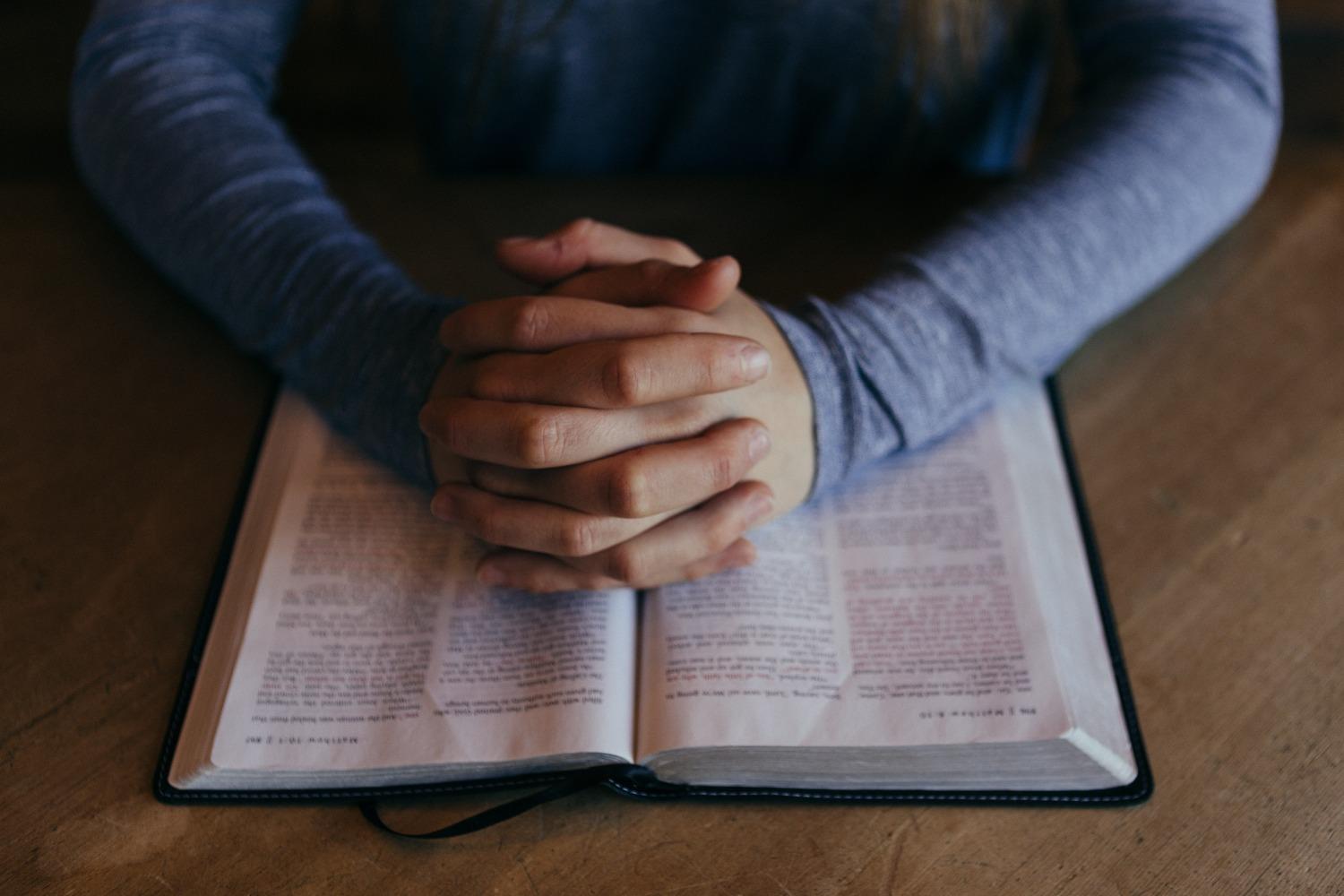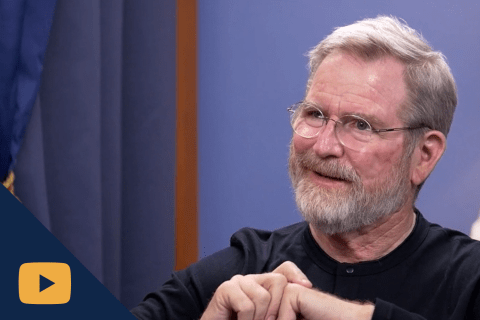
This article has been republished with permission from The Emmaus Institute for Biblical Studies. It was originally published on May 23, 2022.
I have been blessed to work in teaching and ministry settings for a number of years now, with a special emphasis on accompanying others into a deeper engagement with Sacred Scripture. Not surprisingly, this has granted me the opportunity to have many wonderful conversations with students and colleagues about the nature of Scripture, how to make sense of it, and most importantly, perhaps, how to pray with it (i.e., how to engage Christ within its contents). This brief article represents a clarification I would like to offer each reader which I have seen reawaken and reroute the efforts of many who seek to read and pray with their Bibles. It may seem like a slap on the wrist at first, but I hope instead that it will be a weight lifted off your shoulders. Here it is: praying with Scripture is not about you.
Whether or not this is what you expected to read, it is something with which we all inevitably struggle. The very essence of sin is to elevate the ‘self’ before all else—even its Creator. This was at the heart of Adam’s fall, which continues to be the struggle of fallen man today. It creeps into everything we do—our pursuit of success, our relationships, and yes, even our prayer. Over the past few years, in different times and in different forms, I have had the same conversation with friends, students, or strangers. It usually goes something like this: “I’ve been having a real hard time praying with Scripture lately. I’m not sure where God is calling me to read or what he wants me to get out of it.” The last time I had this conversation was at a conference with a young lady about to graduate college. I smiled and said my line, “You know, it isn’t just about you,” but before I even had the chance to explain, she beamed, understanding exactly where I was about to go. We then shared a lovely few minutes discussing how to pray with Scripture. So what is the point I’m making? If praying with Scripture isn’t only about you or me, then what more is it about? It’s about Jesus. It is all about Jesus.
On the very day of the Resurrection, Jesus appeared to two of his disciples as they journeyed away from Jerusalem back to a village named Emmaus. His identity was hidden from them while they walked together. As they shared their sorrows with their mystery companion, Jesus—the great Author himself—proceeded to give them the greatest Bible study in human history. He said to them:
It is with this way of understanding in view that the Second Vatican Council wrote that Jesus “fully reveals man to man himself” (Gaudium et spes §22), and that Augustine penned his famous dictum, “[O]ur hearts find no peace until they rest in you” (Confessions, I.I). We cannot truly know ourselves—our desires, our callings, our worth—unless and until we commit ourselves to discovering Christ Jesus. To skip over this step would be to usurp the sequence in which God desires to reveal himself to us. So St. John says, “In this is love, not that we have loved God but that he loved us” (1 John 4:10).
I encourage each reader to take this to heart and to put this method into practice. Whether there is dust on the cover or the pages are falling out, pick up your Bible and allow your heart the opportunity to commune with its Maker and Physician who desires to meet with us there in the pages of Sacred Scripture. Could he be calling you to discover him in a certain book or chapter? Sure. Is something wrong if you don’t feel moved or if you feel uncertain about where in your Bible to be reading? Not at all. He will meet you wherever you are and each of his words is divinely spoken. You will find a variety of ways in which Scripture speaks—narrative, poetry, prophecy—but whatever it may be, he is waiting for you there. And when you do meet him, let him do what he does best by inviting him, “Speak [LORD] for your servant is listening” (1 Samuel 3:10).


